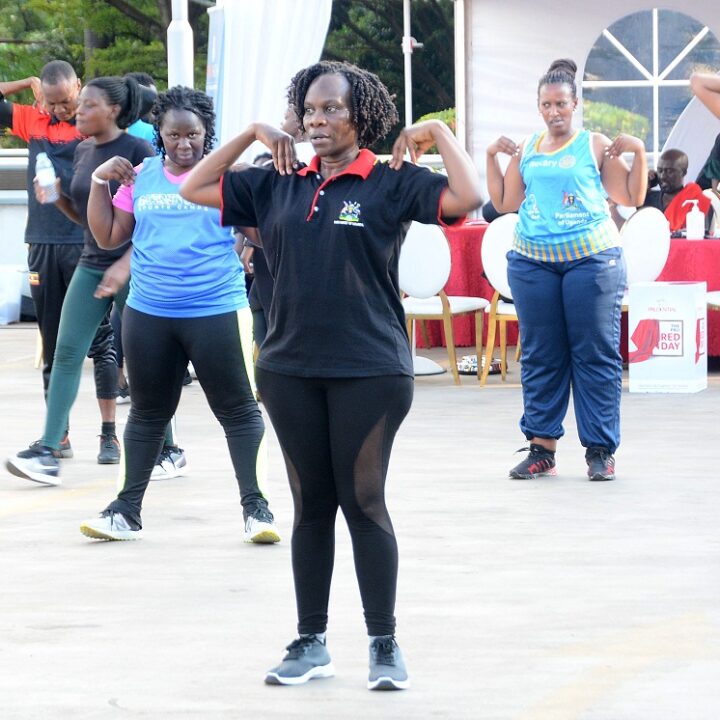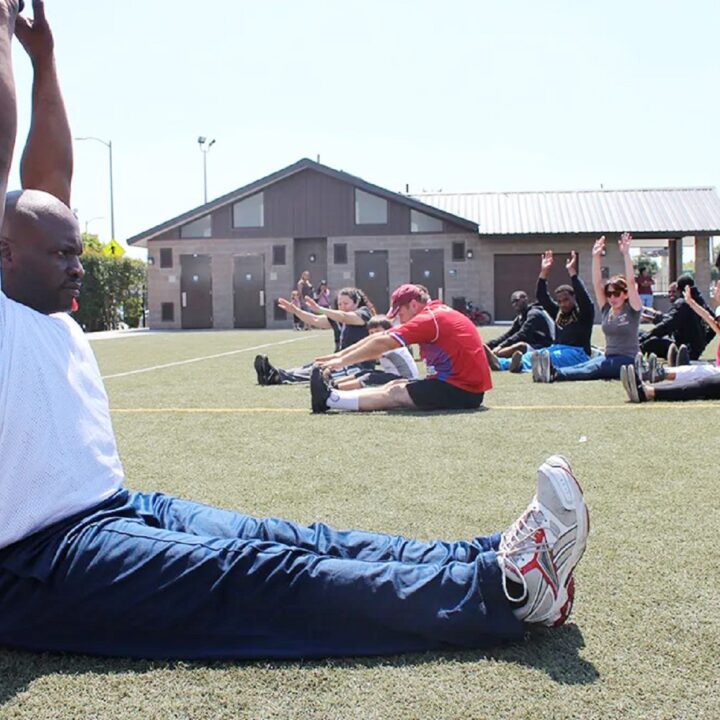What is the easiest way to start a healthy lifestyle?
Your journey toward a healthier lifestyle starts with small changes that you feel confident you can achieve. Consider making “SMART” goals. SMART stands for:
- Specific
- Measurable
- Attainable
- Relevant
- Time-bound (met by a deadline and done in a certain amount of time)
When you focus on SMART goals, you could find more success. And one initial “win” will propel you to set new, bigger goals.
Consider the following tips for beginning to improve your overall health.
1. Eat more vegetables
A 2010 analysis of prospective studies suggests consuming more veggies and fruit is associated with lower risk of heart disease, stroke, cancer, and premature death.
Although eating more vegetables is better, you don’t have to go from zero to nine servings a day. Perhaps your goal is eating one serving of vegetables at dinner. If you already do that, consider eating one vegetable or fruit at every meal.
Keep in mind that less-processed veggies are better. Rather than fries, try roasted potatoes seasoned with herbs or make a stir-fry of several colorful vegetables and drizzle them with a tasty vinaigrette.
2. Swap in whole grains
Replacing refined grains with whole grains will benefit your health. In a small 2017 study, 81 men and postmenopausal women were divided into two groups. Half followed a diet that contained whole grains, and the other half followed a diet that was calorically the same but contained refined grains. After 6 weeks, the whole grain group increased their resting metabolic rate (RMR). RMR is how many calories your body burns at rest.
Research from 2016 and 2020 link consuming more whole grains with reduced risk of diabetes, coronary heart disease, cardiovascular disease, and cancer.
Start small by replacing one refined grain each day with a whole grain — maybe it’s your breakfast toast or the pilaf you make with dinner. Experiment with different grains and flavorings to see which ones you enjoy most.
Whole grains include:
- Plain oats
- Whole grain bread and pasta
- Brown and wild rice
- Buckwheat
- Bulgur wheat
- Millet
- Barley
- Spelt
- Quinoa
- Farro
Refined grains include:
- White bread and pasta
- White rice
- Most breakfast cereals
- Chips
- Pretzel
- Crackers
3. Be more active
If the words “exercise” or “workout” put you off, think of this step in terms of physical activity or simply moving your body.
You don’t have to run a marathon — or run at all — to be healthy.
You could walk, go for a bike ride, take salsa dancing lessons, practice martial arts, or try a workout class online. The most important thing is to choose an activity you enjoy. Choosing an activity you have an interest in will increase the chances that you’ll stick with it.
Secondly, remember that you don’t have to start with a long workout. Aim for 10 minutes a day, 5 days a week. When you feel ready, add another 5 or 10 minutes. Keep doing this until you reach at least 30 minutes a day most days of the week.
4. Maintain friendships
Strong relationships and staying in communication with friends and loved ones can support mental health.
For one, the risk of depression is greater in people with low-quality relationships. Those with the poorest quality social relationships have more than double the risk of depression compared to people with the highest quality connections.
Similarly, research suggests feeling isolated is associated with an increased risk of poor self-rated health and depression. It is also associated with various health problems, like headaches, palpitations, and lower back, neck, or shoulder pain.
Even if you cannot get together with friends or family in person, schedule a time to catch up over a phone or video call once a week. Or, simply start chatting with a neighbor when you see them.
5. Control stress
Chronic stress puts your body into fight-or-flight mode all the time. This taxes your immune system and makes you more susceptible to health problems, including:
- Heart disease
- Diabetes
- Digestive problems
- Depression
- High blood pressure
- Anxiety
- Difficulty sleeping
Exercise can help reduce stress by releasing pent-up energy. Physical activity can also boost the release of mood-lifting hormones called endorphins.
For others, mindfulness practices — like meditation, deep breathing, journaling, or spending time in nature — can help to lower stress. Talking to friends can also help.
If you would like more support relieving stress, consider therapy. Working with a trained psychologist, psychiatrist, or therapist can help you work through challenges life throws your way, and it can help you learn new skills to manage stress.








